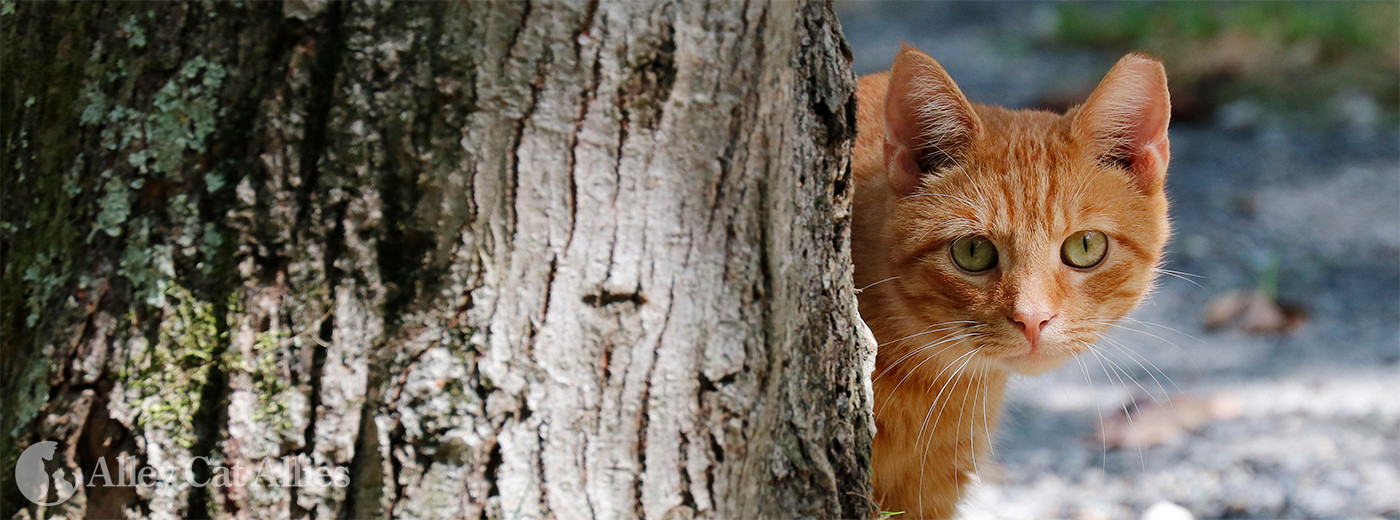The Honorable Kumar P. Barve, Chair
House Environment and Transportation Committee
House Office Bldg. Room 251
6 Bladen St.
Annapolis, MD 21401
Dear Chair Barve and Members:
On behalf of Alley Cat Allies and our more than 34,000 supporters in Maryland, I am writing to urge your support of HB 365, “Department of Agriculture – Spay/Neuter Fund.” If enacted into law, HB 365 would better position the already successful Maryland Spay and Neuter Grants Program by establishing a process through which a person can make a voluntary donation to the Fund, prioritizing grant proposals to the fund that facilitate wellness care and transportation services, and requiring that the funding mechanism of a fee on commercial feed for consumption by dogs or cats to be adjusted annually for inflation. HB 365 was introduced by Delegate Lehman and is currently assigned to the Environment and Transportation Committee.
Alley Cat Allies, based in Bethesda, Maryland, is the only national advocacy organization dedicated to protecting and improving the lives of cats. We have promoted and made mainstream sound and compassionate policies for cats since our founding in 1990.
Sterilization is the linchpin that makes possible the bigger goals of public health, animal welfare, and effective nonlethal control. Maryland has an existing Spay/Neuter Fund, the purpose of which is to reduce animal shelter overpopulation and can and dog euthanasia rates.
The Maryland Spay and Neuter Grants Program 2020 Annual Report includes analysis that this program “appears to be having a significantly positive impact on its targeted metrics of intake and euthanasia,” showing steady declines in both categories in Maryland animal shelters since the fund was established.
Without availability of low-cost spay and neuter that is made possible with this fund, there will be an increased cost of millions of dollars to Maryland taxpayers for the intake, housing, and killing of animals.
Low-cost spay and neuter programs are effective at increasing the sterilization rate among pet cats in lower-income households. These programs also benefit unowned community cats who live outdoors, also called stray or feral cats, as part of Trap-Neuter-Return (TNR), whereby unowned, free-roaming cats are humanely trapped, sterilized, vaccinated, eartipped, and returned to their outdoor homes to live and thrive.
HB 365 will significantly reduce one of the greatest barriers low-income owners face to neutering their pet: cost. A peer-reviewed scientific study published in the Journal of the American Veterinary Medical Association found that while most pet cats are already neutered, the neuter rate is significantly lower for pet cats living in households earning $35,000 or less annually.[1] The lower-income owners who were interviewed primarily cited high cost as the reason for not neutering their cats.
Providing low-cost or free spay and neuter services benefits both cats and shelters as research has shown that spaying and neutering reduces the risk that adopted animals will be returned or relinquished to shelters.
There are also a substantial number of stray and community cats who benefit from spay and neuter programs. Sterilizing these cats prevents unchecked breeding, eliminates nuisance behaviors associated with mating, and improves their health.
Increased accessibility of spay and neuter services is a win for citizens, a win for animal shelters, and a win for cats. For these reasons, we urge you to support HB 365. Thank you for your time.
Sincerely,
Alice Burton
Director of Programs
Alley Cat Allies
[1] Chu K, Anderson WM, Rieser MY, Population Characteristics and Neuter Status of Cats Living in Households in the United States, J Am Vet Med Assoc, 2009; 234: 1023-1030.


